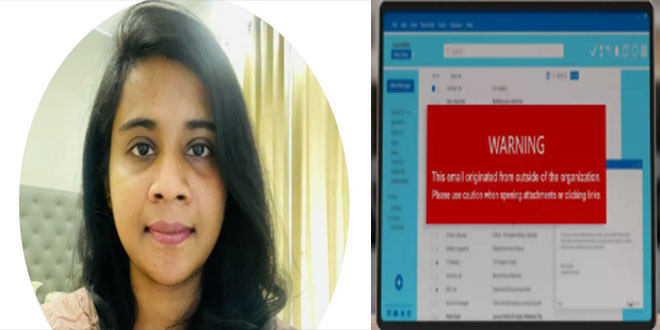Chinese researchers, led by Wang Chao from Shanghai University, have cracked RSA encryption using quantum computers. This achievement raises serious concerns about the future of cryptographic systems, as quantum computers can now threaten long-standing methods of global data security.
The Research Breakthrough: Cracking RSA Encryption
A study in the Chinese Journal of Computers showed that researchers used D-Wave’s quantum annealing systems to break RSA encryption. With the D-Wave Advantage system, they factored a 22-bit RSA integer, a task difficult for classical computers. This research indicates that quantum computing can transform cryptographic attacks into combinatorial optimization problems, allowing for faster solutions than previously believed.
Quantum annealing is a groundbreaking technique that enables quantum computers to identify optimal solutions by exploring numerous possibilities at once. This capability has profound implications for encryption, particularly in the realm of RSA encryption, where the task of factoring large prime numbers is both computationally intensive and time-consuming for classical computers.
Beyond RSA: Threats to Other Encryption Standards
Researchers investigated the vulnerabilities of various cryptographic algorithms beyond RSA, focusing on those using the Substitution-Permutation Network (SPN) structure, including the Advanced Encryption Standard (AES). They specifically targeted AES variants like Present, Rectangle, and Gift-64, demonstrating that D-Wave’s quantum machines can effectively compromise these algorithms. This implies that the impact of quantum computing on cryptography could affect many encryption methods currently deemed secure.
What Does This Mean for Cybersecurity?
Experts have long warned that quantum computers could eventually compromise current encryption methods. Recent research indicates this threat may arise sooner than expected. Cryptographic techniques like RSA and ECC rely on complex mathematical problems that classical computers struggle to solve, but quantum computers can tackle these problems much more efficiently, endangering data security.
The “Harvest Now, Decrypt Later” Threat
This research raises serious concerns about the “harvest now, decrypt later” threat. Adversaries could steal encrypted data today and decrypt it later as quantum computing improves. According to Prabhjyot Kaur, a senior analyst at Everest Group, this could jeopardize the confidentiality, integrity, and authentication of crucial data for businesses.
The Race for Quantum-Safe Encryption
Quantum computing’s potential is still being explored, but it has increased the demand for “quantum-safe” or post-quantum cryptography. Organizations are developing encryption methods to resist quantum attacks, emphasizing the need to implement these solutions quickly to safeguard sensitive data before quantum computers can compromise traditional encryption.
The Call to Rethink Security Strategies
As quantum computing advances, companies and cybersecurity experts need to rethink their encryption methods. Research by Wang Chao’s team highlights the urgency for organizations, including financial institutions and government agencies, to prepare for a future where current encryption may become obsolete.
Research by Wang Chao’s team shows that quantum computers could disrupt current encryption systems sooner than anticipated. There is an urgent need to create quantum-resistant encryption before existing security measures become outdated.
The future of cybersecurity depends on how quickly the industry adapts to emerging quantum threats. We are on the brink of a technological breakthrough that could transform digital security, and action is needed now.
 InfoSecBulletin Cybersecurity for mankind
InfoSecBulletin Cybersecurity for mankind














